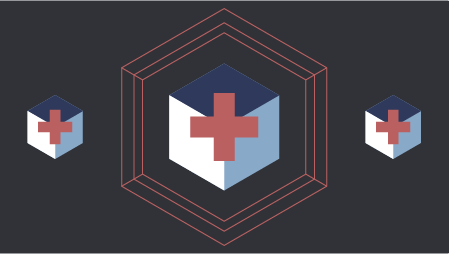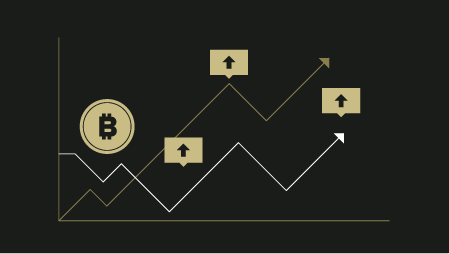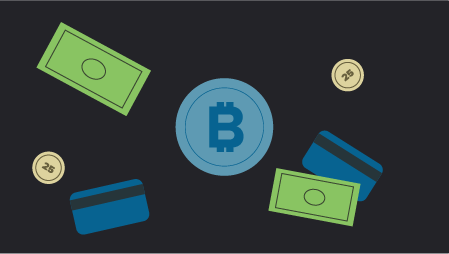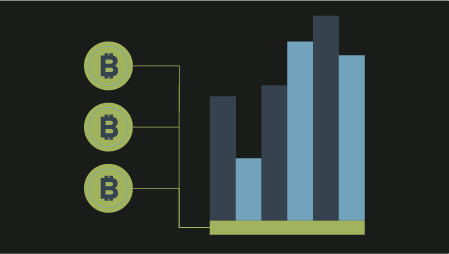In the past few years, Blockchain technology has emerged as a revolution in the healthcare industry. It was originally developed for cryptocurrency, but many healthcare organizations have remarkably accelerated the adoption of Blockchain.
IBM surveyed 200 healthcare executives in 16 countries and found that 16% of them anticipate the release of a commercial blockchain solution in 2017.
Nowadays, Blockchain technology has been widely used in healthcare for audit trails. However, it has the potential to be used for more comprehensive applications, especially with the emergence of the Internet of Medical Things (IoMT).
Here in this article, I will describe how it is answering the challenges faced by the health industry. Let’s get started.
Role of Blockchain in Healthcare industry
The blockchain technology increases the security and operability of health data. This technology can provide a new model for health information exchange by making electronic medical records more efficient, seamless, and secure.
This new, fast-growing field provides fertile ground for experimentation and investment. Many blockchain development companies in India are taking a step ahead to offer blockchain solutions to the healthcare industry.
Blockchain may soon allow smartwatches and smartphones to load clinical information directly into clinical records. Now, let’s see how it is doing so.
- Medical Research
Blockchain technology can be used to fill knowledge gaps as snooping is a severe issue in medical research. And it can be successfully controlled through Blockchain.
The secure and streamlined repository of clinical trials and patient results for new treatments can significantly strengthen patient care and outcomes.
The unalterable time-stamp blockchain information of clinical trials and results can help in minimizing result switching, data snooping, and dishonest reporting. Thus, it reduces both fraud and error.
Blockchain can allow researchers to reach considerable levels of historicity and divinity of data in the entire clinical process.
In the field of medical research, proof of date is the main requirement, so this technology is indeed bringing paradigm shift.
2. Medical Data Management

Medical data management is a significant benefit of blockchain technology. Enabling health IT systems with technology, all present challenges that the health industry is facing, such as security, reliability, and privacy have become non-existent.
Besides, Blockchain in healthcare can improve interoperability and secure the exchange of health information. The ability to track patients in real-time enhances care coordination, which is also a fundamental requirement for cost-effective care.
It helps to deal with fragmented patient data through decentralized storage. It provides timely access to patient data that healthcare professionals can use to make a critical diagnosis and provide appropriate treatment.
Healthcare data becomes more easily managed while saving money for payers, patients, and even providers.
Blockchain can be leveraged to streamline more complex patient cases. Selective healthcare companies enjoy a consistent and rule-based methodology for accessing and analyzing patient data through smart contracts.
3. Drug Making and Supply Chain Management
The pharmaceutical companies suffer a loss of around $200 billion in annual in some of the developing countries. The Blockchain in healthcare helps in enhancing the accountability and transparency in the supply chain integrity. Therefore, providing the details of each transaction of any medicinal product.
It can create unchangeable batch records of a drug’s origin and ingredients, which will minimize faults. And all these records are useful during the drug recall.
Currently, many companies are using Blockchain to keep batch records of vaccines and prescriptions.
Blockchain technology is already being adopted by the giant companies such as IBM, Walmart, and UPS to optimize their supply chain integrity.
With the supply of data stored in a blockchain, patients now have access to real-time information ranging from the production of medicine to reaching a pharmacy.
In this way, blockchain technology can change a disconnected data segment into the life history of any supplies, whether it is the patient’s health record or the drug supply chain.
Blockchain creates a relevant source of information around the movement of goods and helps in maintaining integrity by tracking the drug supply chain.
4. Claim and Billing Management
Frauds account for about 5 to 10% of healthcare costs and $ 30 million annually in Medicare fraud accounts. The use of blockchain technology can reduce administrative costs by automating billing and insurance-related activities.
Blockchain in healthcare can enhance the critical logistic information tracking challenges of reliability-centred maintenance operations.
The claim process was done manually before the technology took over. It is estimated that 40% of payer’s records contain some errors or missing data.
Here, Blockchain plays its significant role to enable an accurate source of provider data. The Smart contracts on the Blockchain can transform the old-fashioned way of claims and disputes.
A blockchain ledger can unite all stakeholders in one network being its payer, provider, or a patient. It can increase the system functionality by requiring only one update across the entire network.
5. Ensures Security of Data
With the IOT, Internet of Medical Things (IoMT) and connected devices, system security is another primary concern in the healthcare industry.
Blockchain provides a solution to this problem. The technology facilitates you take all the benefits of a connected device, whereas at the same time helping to keep data safe and private.
Electronic data is scattered throughout the Internet, and health data security must be a priority for all organizations.
Verifying transactions with the consensus of all parties involved, and then validating them against the authoritative ledger is yet another significant benefit of the technology.
Another advantage from the technology point of view is that data is almost impossible to change, and this is very good from the patient records point of view.
Blockchain ensures that the data should go through multiple checkpoints, therefore the entire data is filled and exchanged in the top privacy.
Conclusion
Blockchain has the potential to transform the healthcare industry. The strength and security of Blockchain show immense potential to boost healthcare performance. It seamlessly enhances the quality of care and reduces the costs of delivery.
If you want to implement this cutting edge technology into health care, India provides the best services. So, you can hire software developers in India as there are many experienced programmers with excellent skills.
These developers will surely provide you with the right blockchain solutions which will further transform the healthcare industry.





